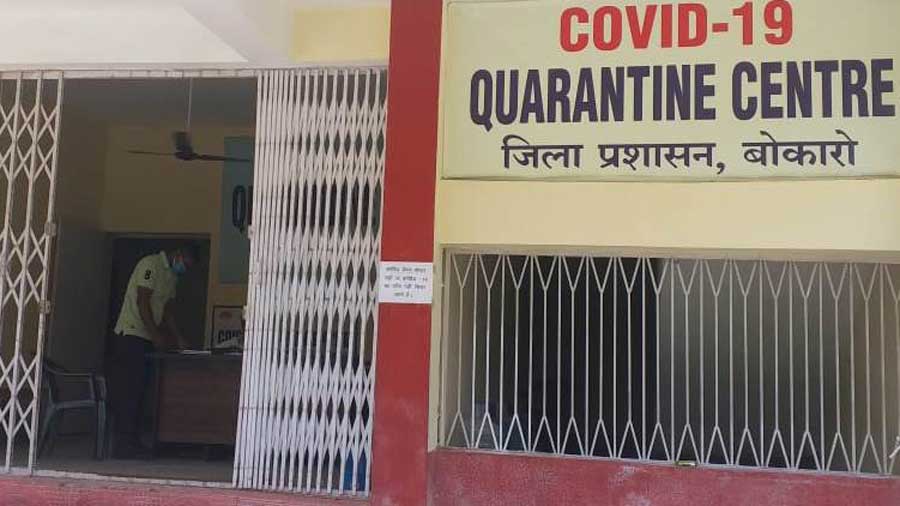India’s health ministry on Tuesday directed its disease surveillance units to screen all travellers who have arrived from the UK since November 25 for the novel coronavirus and keep in special isolation units anyone found with the unusual mutant variant named B.1.1.7.
The directive which calls for coronavirus genome sequencing from positive patients would apply to passengers who have travelled from or transited through the UK since November 25 and are part of efforts to determine whether B.1.1.7 is already in India — and ring fence the variant if detected.
However, scientists caution that such efforts while helpful would need to be supplemented through a sustained effort to sequence coronavirus isolates within the country. India has recorded more than 10 million infections, but has sequenced less than 5,000 coronavirus isolates.
“In contrast, the UK with over two million coronavirus infections has already sequenced over 140,000 viral isolates,” a senior scientist told The Telegraph. “We need a similar nationwide sequencing effort to really understand how the coronavirus is evolving.”
The health ministry has asked surveillance units to send any positive sample to the National Institute of Virology, Pune, for genome sequencing. If the sequence is consistent with variants already circulating in India, patients with mild symptoms may remain under home isolation.
However, the health ministry said, if the sequence indicates the presence of B.1.1.7, the patient would continue to remain in a separate isolation unit and remain there until two consecutive diagnostic tests show no presence of the virus.
All community contacts of travellers who have tested positive would also be subject to institutional quarantine and, under standard guidelines, tested for the coronavirus on the fifth and 10th day or earlier if they develop symptoms.
Health officials are hoping such actions would prevent any further spread of B.1.1.7 — if the variant enters the country through UK travellers — in India amid concerns that B.1.1.7 is more infectious and capable of spreading faster than other known variants.
“There is cause for greater vigilance, but no cause for panic,” said Vinod Paul, the chair of India’s Covid-19 task force and member of Niti Aayog, the government’s apex think tank. Paul asserted that available data suggest that the variant has no impact on the severity of disease or need for hospitalisation.
Research groups in laboratories under various government agencies — the Council of Scientific and Industrial Research, Indian Council of Medical Research, and the Department of Biotechnology — have thus far sequenced 4,338 coronavirus genomes and identified 5,574 variants.
None of the Indian sequences analysed so far belong to the B.1.1.7 lineage, but scientists assert that the relatively tiny fraction of viruses sequenced in India imply that there are large information gaps about the variants circulating in the country.
“We have the sequencing infrastructure and we have skilled people in the country — and it doesn’t cost so much money. On a megascale, each sequence would cost only around Rs 2,000,” said a scientist who requested not to be named. “But what we see are piecemeal sequencing efforts.”











